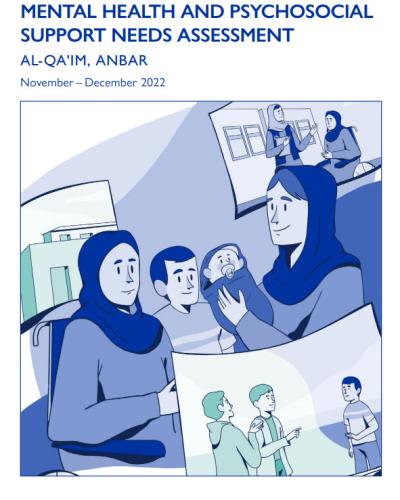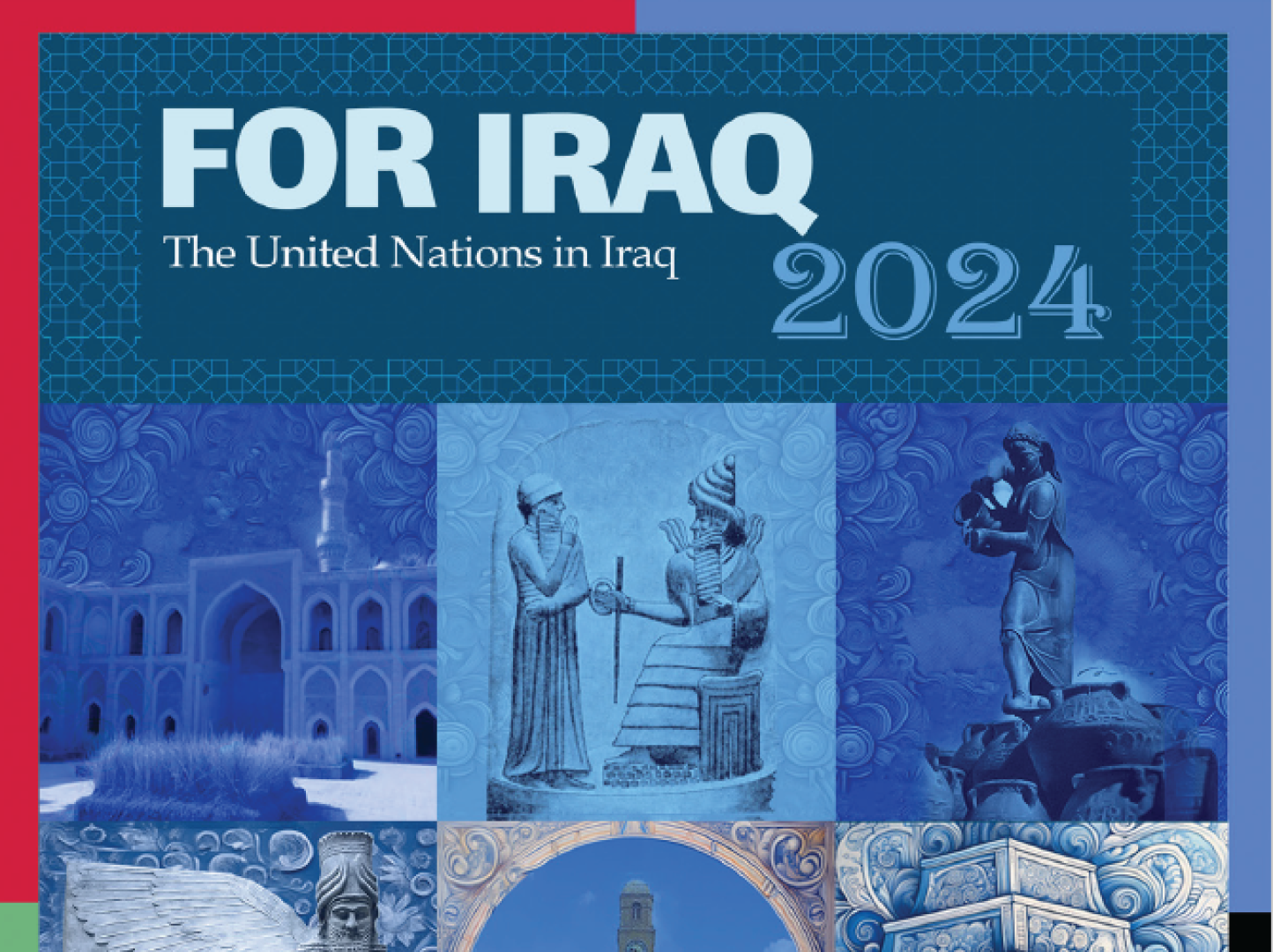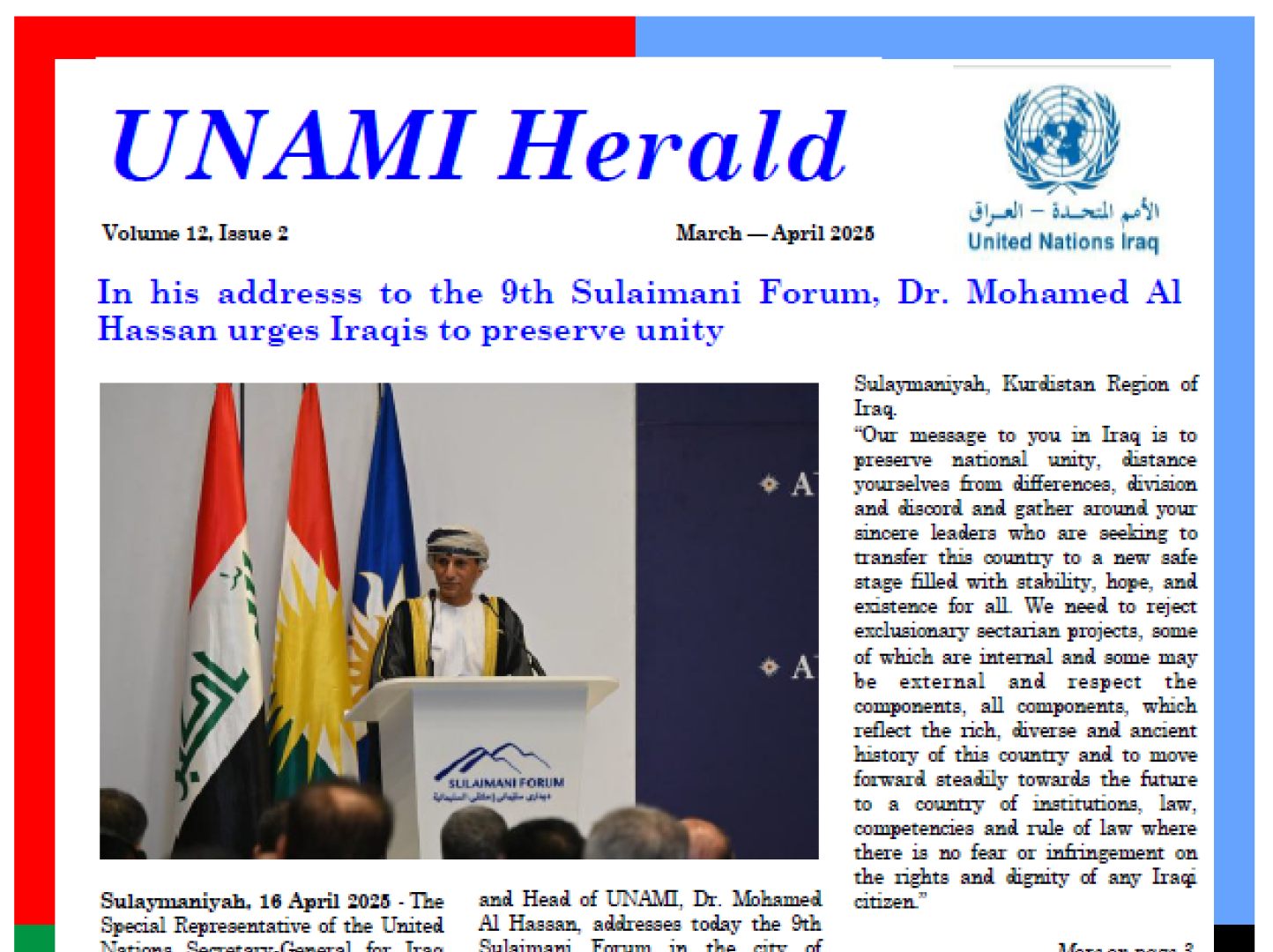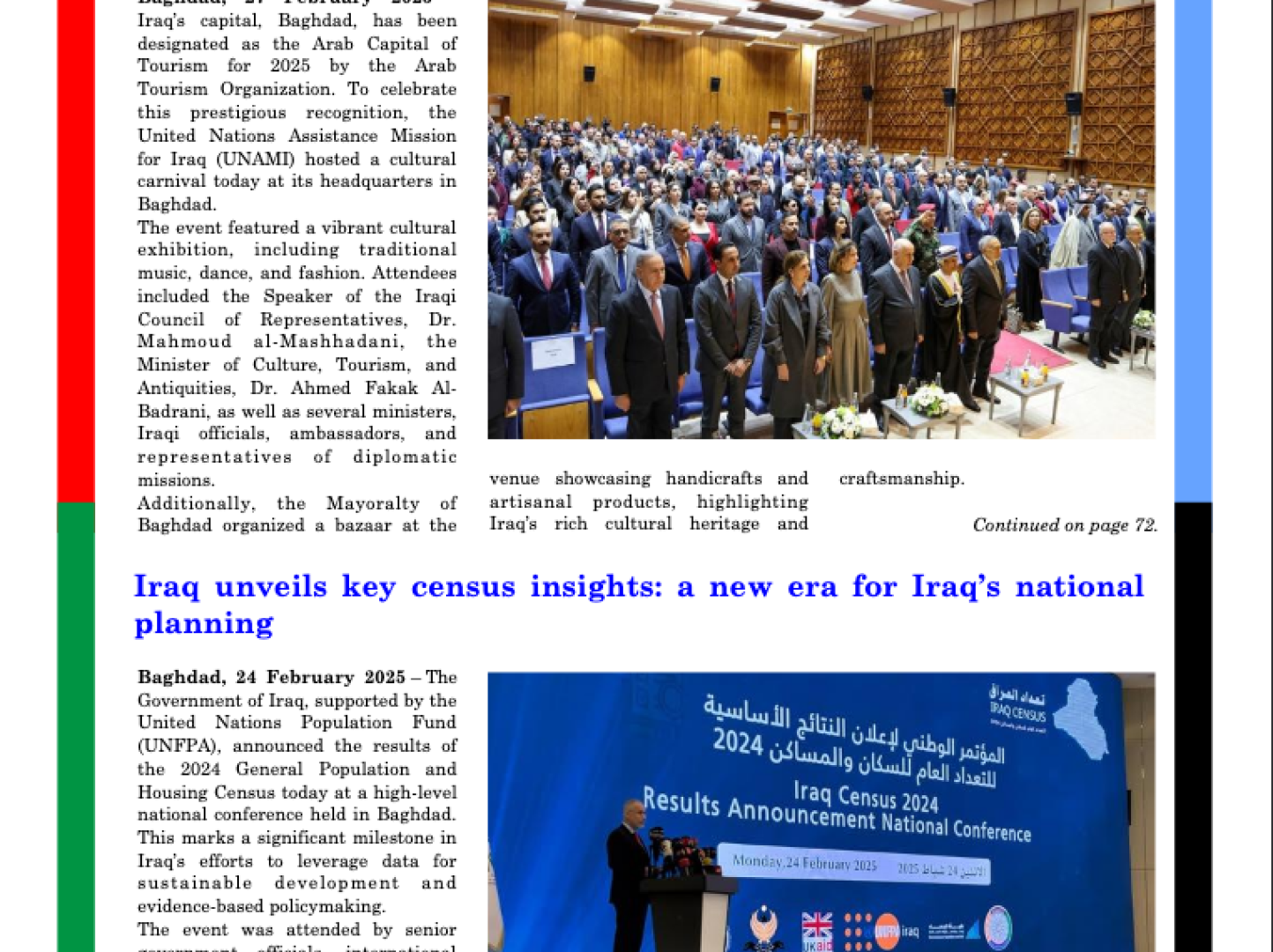MENTAL HEALTH AND PSYCHOSOCIAL SUPPORT NEEDS ASSESSMENT | IOM

BACKGROUND
CONTEXT
Al-Qa'im is one of the major urban centres in West Anbar and lies about 290 km from Ramadi and about 400 km from Baghdad. Al-Qa'im is strategically located at the border between Syria and Iraq. The city lies on the shores of the Euphrates River and is surrounded by fertile agricultural lands. The security situation in the Al-Qa'im district remains unstable with several access restrictions prevailing to date. Perhaps in part due to its relative distance, Al-Qa'im has long suffered scarcity of services, while insecurity and access constraints continue to hinder the recovery effort in the area.
Al-Qa'im was seized by the Islamic State in Iraq and the Levant (ISIL) in June 20144 and the Government of Iraq (GoI) successfully re-established control over the district in November 2017.5 The community experienced two major trends of displacement, one due to the ISIL surge and a second during the subsequent military operations by the GoI to liberate it forcing around 85 per cent of the population to displace to other areas such as Kilo 18, Ameriyat Al Fallujah (AAF) and Bzebes camps.
Recently, due to relatively improving security conditions in the district and with the Government’s efforts to reinforce the transition of the country to a developmental context, Al-Qa'im has been receiving multiple batches of returning families especially from Jeddah 1 (J1) center (Ninewa) and AAF camp (Anbar). However, it is worth noting that, the existing dynamics in Al-Qa'im between members of the host community and the returning families is a complex one and could jeopardize the process of the reintegration of the returning families if not tactfully dealt with and explored.
Considering all of the above, along with the different needs that prevail amongst the displaced and conflict affected populations, dissecting those needs and identifying the available resources within the community are key to designing relevant mental health and psychosocial support (MHPSS) related and other programming interventions that are cognizant of those needs.
As such, IOM conducted a rapid MHPSS needs assessment in Al-Qa'im in late November and early December 2022. The assessment was conducted through 9 Focus Group Discussions (FGD) and 103 Key Informant Interviews (KIIs) with host community members, returnees and key community stakeholders. This report presents the findings of the assessment as well as recommendations for MHPSS and other essential programming to support the affected population in Al-Qa'im.
ASSESSMENT OBJECTIVES
The main objectives of this assessment were to:
-
Assess MHPSS needs, capacities and resources of the host community and the returning population in Al-Qa'im, with a focus on the needs of female headed households (FHHs);
-
Support the development of relevant MHPSS interventions to address the needs of the individuals of both the host community and the returning population in Al-Qa'im;
-
Inform MHPSS actors about key mental health and psychosocial needs and resources in Al-Qa'im district;
-
Inform relevant partners and service providers of other priority needs concerned with basic, protection, health, and legal services.




